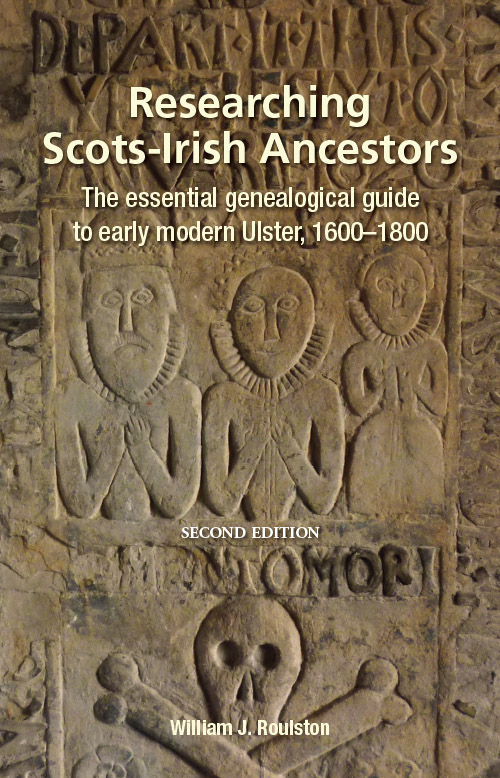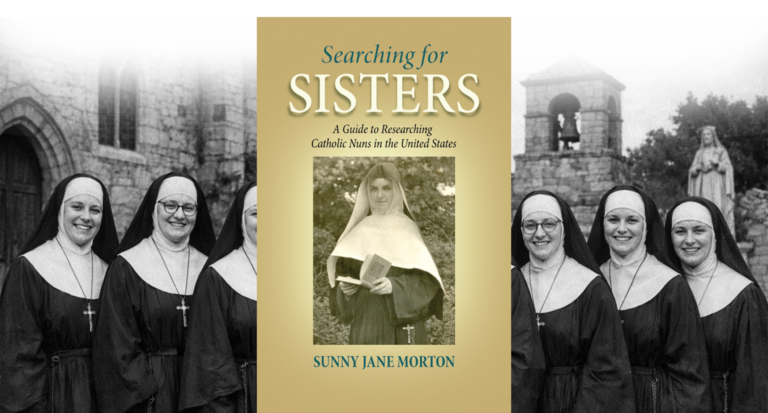
RESEARCHING SCOTS-IRISH ANCESTORS. The Essential Genealogical Guide to Early Modern Ulster, 1600–1800. Second Edition Garners Excellent Reviews
Several months ago, we announced that Genealogical.com had published the preeminent textbook for Scots-Irish genealogy: William Roulston’s RESEARCHING SCOTS-IRISH ANCESTORS. The Essential Genealogical Guide to Early Modern Ulster, 1600–1800. This 2018 second edition is a massively expanded version of its 2005 predecessor. The new edition includes additional information on church records and landed estate papers, as well as new chapters looking at records relating to law and order, emigration, business and occupations, diaries and journals, and clubs and societies.
Now the reviews for the American edition of Researching Scots-Irish Ancestors have begun to roll in. Here are three of them below:
“This book is 600 pages long and surely can help anyone with ancestors in Ulster/Northern Ireland . . . The text ends on page 246, so the remaining 350 pages are appendices and an index. They alone are worth the price . . . The first [Appendix] is ‘Records relating to parishes in Ulster’ and covers one-by-one all the parishes . . . It includes references to any publications for that parish . . . If this is your subject of interest, this work by a noted expert should be worth having in your library . . . .”—Ken Thomas, “Genealogy,” The Atlanta Journal-Constitution
“Roulston’s book is definitely one for the reference shelf . . . it’s an extremely thorough handbook on how and where to research Ulster Scots-Irish ancestors in the unexpectedly huge volume of resources available . . . [If] you have Scots-Irish in your family tree—whether they came to the American colonies or not—this book is worth every penny of the $34.95 price tag . . . . “—Linda Stufflebean, “Empty Branches on the Family Tree,” 12/4/2022
“A huge, expanded version of its 2005 predecessor, the newer edition has chapters that focus on records relating to law and order, emigration, business and occupations, diaries and journals, and clubs and societies.
“Because Roulston’s work covers so many resources, you may discover information about your Ulster forebears whether they were of Scottish, Gaelic, Irish, or English descent; belonged to a religious denomination such as the Presbyterian, Episcopalian, Methodist, Catholic, or Quaker; or earned their livelihood as farmers, laborers, or merchants. Researching Scots-Irish Ancestors, The Essential Guide to Early Modern Ulster, 1600-1800 is a worthwhile book to have on library shelves.”—Marleta Childs, “Kinsearching,” 12/4/2022




